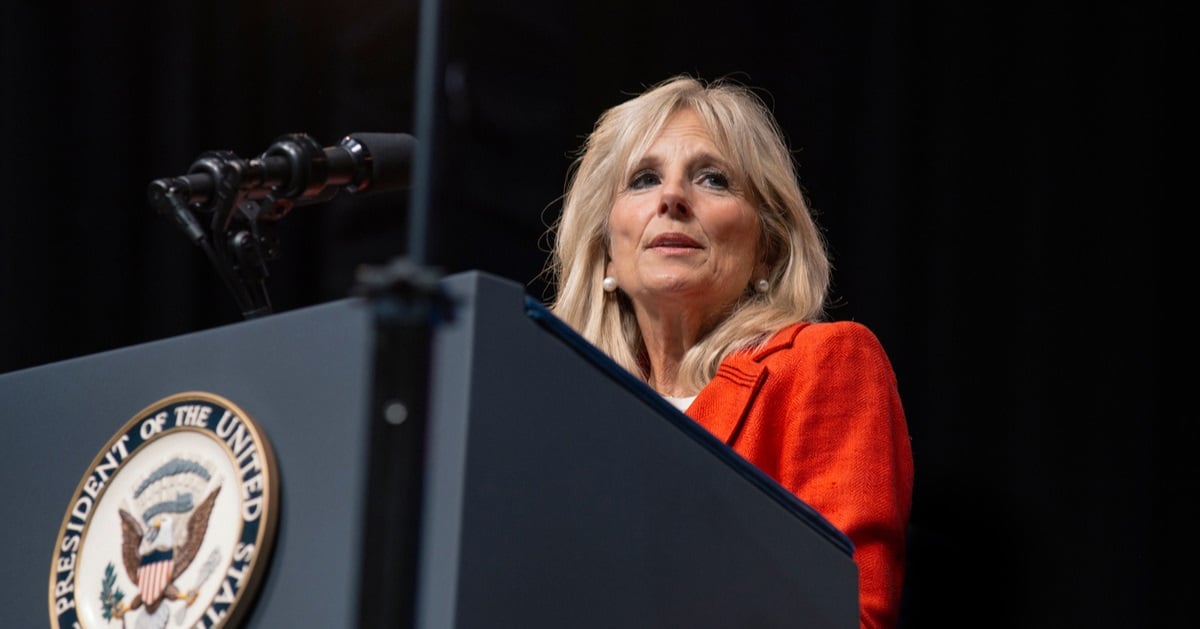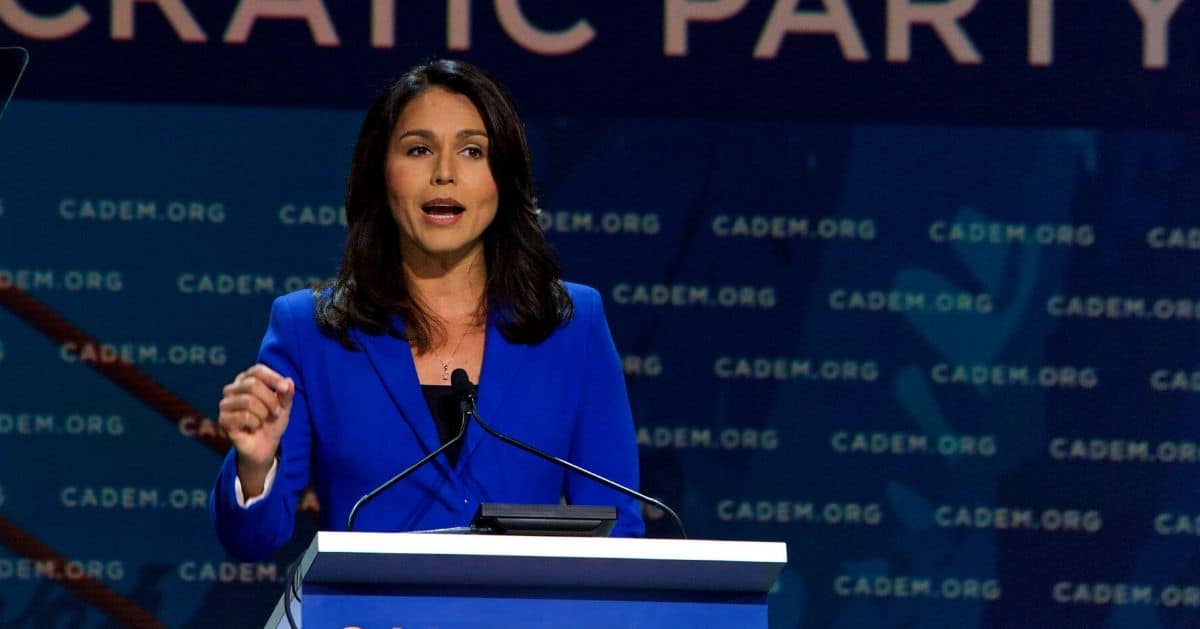

Director of National Intelligence Tulsi Gabbard has unveiled documents that disclose the Biden administration's approach to addressing domestic terrorism, focusing on gun rights and free speech.
The Daily Caller reported that the newly declassified documents outline strategies that emphasize combating hate crimes and curbing online disinformation while engaging multiple federal agencies.
On Wednesday, Gabbard revealed the declassification of the Biden administration’s "Strategic Implementation Plan For Countering Domestic Terrorism."
This strategic plan, initially set in motion during President Joe Biden's tenure, prioritizes the battle against domestic terrorism. It highlights the administration's intention to moderate gun rights and combat misinformation, igniting significant debate.
The intelligence documents, now accessible to the public, indicate an emphasis on firearms, particularly targeting "ghost guns," high-capacity magazines, and assault weapons.
Under this plan, efforts were made to curb ghost gun proliferation and promote extreme risk protection orders across states. The Bureau of Alcohol, Tobacco, Firearms, and Explosives (ATF) played an active role in addressing unserialized firearm issues.
This strategy met with criticism from Gun Owners of America, who labeled it as a covert attempt to undermine Second Amendment rights. The organization vehemently opposed what they perceived as the misuse of counterterrorism rhetoric for gun control.
The documents also clarify the administration's focus on addressing hate crimes, with particular attention to those motivated by xenophobia. A key component included enacting the COVID-19 Hate Crimes Act, which zeroes in on police training and enhances data collection regarding hate crimes.
To implement these strategies, a multitude of federal agencies worked in coordination. Leading the efforts were USAID, the Department of Homeland Security, the State Department, and the Department of Education. Among their tasks was the creation of digital literacy programs aimed at curbing online radicalization.
The National Counterterrorism Center, pivotal to this initiative, maintained a robust database of known and potential terrorists.
The collaborative effort even expanded to international levels, engaging entities such as the United Nations in the battle against online extremism.
This declassification marks a renewed commitment to transparency within the intelligence community, aligning with Gabbard's launch of the Director’s Initiatives Group earlier in April. This initiative is part of a broader effort to restore accountability and trust.
Originally announced in the summer of 2021 following the Capitol riot, the "National Strategy for Countering Domestic Terrorism" aimed to address the root causes and manifestations of domestic extremism. However, the documents reveal underlying concerns about potential government overreach, potentially leading to domestic violence.
A strategic intelligence assessment by the FBI and DHS in May 2021 identified Anti-Government or Anti-Authority Violent Extremists (AGAAVEs) as significant threats. This assessment underscored the need for a comprehensive and nuanced approach to these emerging challenges.
Through these documents, the administration aimed to convey that these efforts are just as much about protecting civil liberties as they are about ensuring national security.
Tulsi Gabbard's announcement on platform X regarding the declassification has set off waves of discussions around the complex balance between security measures and individual rights. She stated, "As promised, I have declassified the Biden Administration’s Strategic Implementation Plan for Countering Domestic Terrorism."
The strategy's outlined plans to "rein in the proliferation of ‘ghost guns’; encourage state adoption of extreme risk protection orders; and drive other executive and legislative action, including banning assault weapons and high-capacity magazines," are being intensely scrutinized by advocates on both sides of the gun rights debate.
As the public and policymakers continue to examine the disclosed plans, the conversation around domestic terrorism, civil liberties, and gun rights is poised to remain a significant and contentious topic in national discourse.



